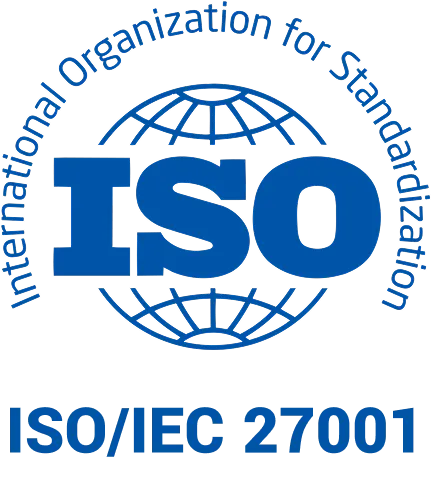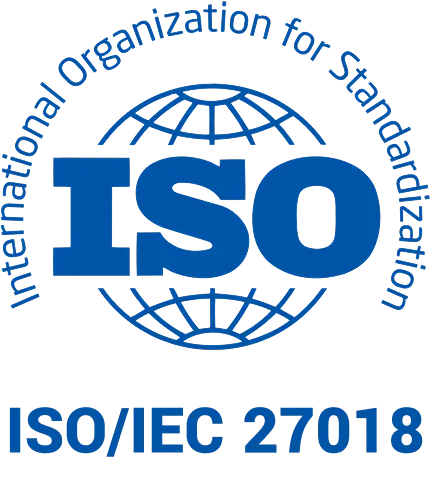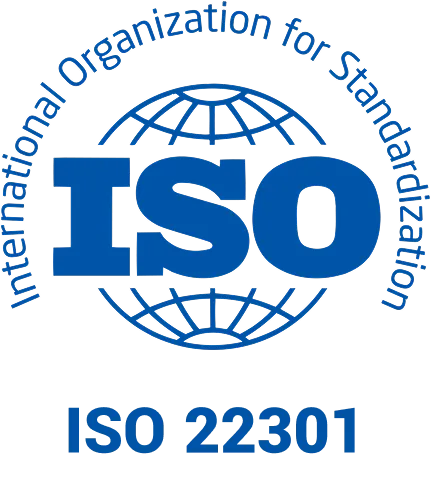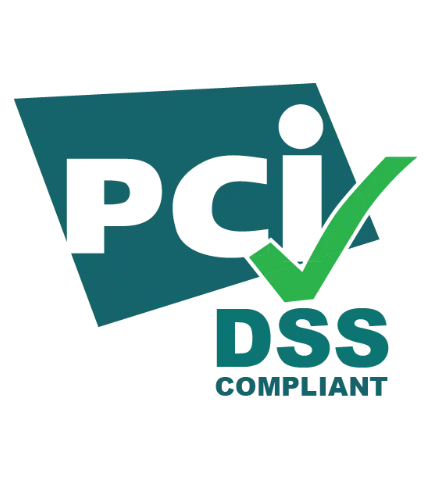
5 hard skills that everyone should master
The modern job market places ever higher demands on candidates, not only in terms of soft but also hard competencies. Technical skills, specialist knowledge and measurable qualifications become factors that determine the attractiveness of a given employee in the eyes of employers. Therefore, it is worth getting to know a little closer 5 hard skills that will allow you to stand out from the competition and successfully build a professional career.
5 hard skills that will make you stand out from the competition
Fluency in foreign languages
Globalization and increasing international cooperation make the ability to speak foreign languages fluently almost indispensable in many positions. Regardless of the industry in which you want to develop, being fluent in at least one foreign language, most often English, is a huge asset. It allows for effective communication at work with business partners or colleagues from other countries, as well as facilitating access to foreign markets and information. Employers increasingly require confirmation of language competence with certificates or other documents, so it is worth investing in language learning and taking care to regularly improve your skills.
Examples of language skills
- knowledge of English at C1 or C2 level,
- knowledge of German at B2 level,
- knowledge of Spanish at B1 level.
Advanced MS Office support
Although Microsoft Office seems standard in most companies, not every employee has the advanced skills to use it. Knowledge of programs such as Word, Excel, PowerPoint or Outlook is extremely appreciated, especially in office positions related to reporting, data analysis or preparation of presentations. Employers expect candidates to be able to use tools from MS Office efficiently and effectively, as well as adapt them to the specific needs of the organization. Therefore, it is worth investing in courses and training that will allow you to develop these competencies.
Examples of MS Office skills
- Advanced knowledge of Excel, including creating formulas, functions, pivot tables.
- Ability to create professional presentations in PowerPoint.
- Efficient handling of Word, including formatting documents, creating styles, editing text.
- Effective use of MS Office tools to automate and streamline work.
Computer graphics skills
Although not every position requires advanced knowledge of graphics, the ability to use basic graphic tools such as Adobe Photoshop, Illustrator or Canva is becoming increasingly desirable. Especially in industries related to marketing, advertising, design or social media, employers value employees who can independently create and edit visual materials. Knowledge of graphic tools allows you to quickly and efficiently prepare attractive content, which translates into increased audience engagement and better results of the activities carried out.
Examples of computer graphics skills
- Proficient knowledge of Adobe Photoshop, including advanced tools for retouching, color correction, applying effects.
- Ability to create vector graphics in Adobe Illustrator.
- Efficient use of graphic design and editing tools such as Canva or Figma.
Knowledge of analytics and reporting tools
In an era of the increasing role of data in business decision making, some hard competencies — such as the ability to use analysis and reporting tools becomes another important skill. Knowledge of programs such as Google Analytics, Power BI or Tableau allows you to effectively track and interpret indicators, as well as prepare clear and valuable reports. Employers are looking for employees who can learn from data and use it to optimize activities, so investing in developing these skills can make you more attractive in the job market.
Examples of skills in analytics and reporting
- Proficiency in Google Analytics, including creating advanced reports and dashboards.
- Ability to use data visualization tools such as Power BI or Tableau
- Ability to interpret data and draw conclusions that translate into real business decisions.
Knowledge of programming basics and coding languages
Although not every position requires advanced programming skills, knowledge of the basics of programming and coding languages is becoming increasingly desirable. The ability to understand and create simple scripts, for example in Python or JavaScript, allows you to automate repetitive tasks, as well as better understand the functioning of IT tools used in work. Employers appreciate employees who can solve technical problems on their own or at least communicate with the development team.
Examples of programming skills
- Knowledge of the basics of Python programming, including creating simple scripts and applications.
- Ability to work with JavaScript, including editing and modifying the code of web pages.
- Knowledge of the basics of HTML and CSS, allowing you to create and edit simple web pages.
summary
Hard skills such as fluency in foreign languages, advanced MS Office support, computer graphics, data analytics and programming basics are becoming increasingly crucial in today's job market. Investing in developing these skills will not only make you more attractive to potential employers, but it will also allow you to perform your duties more effectively and perform better at work. Remember to systematically improve your hard skills through a variety of forms of training, courses and self-education — this is the key to achieving lasting professional success.




































